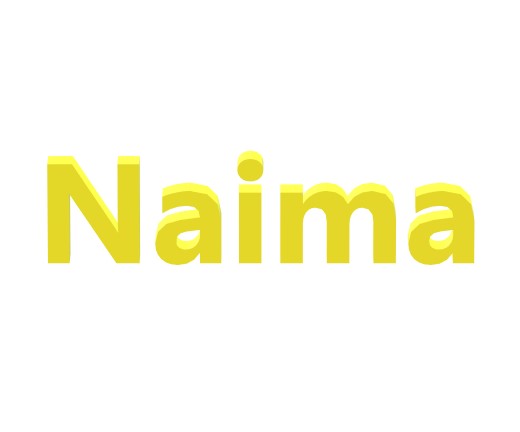The Najwa name is a popular name of Arabic origin that is commonly used among Muslim families. The name is derived from the Arabic language and means "whisper" or "secret."
In Arabic cultures, the Najwa name is often given to girls and is considered a symbol of mystery and intrigue. The name is also associated with the idea of a whisper, representing the qualities of a person who is secretive and mysterious. Many Muslim families choose the Najwa name for their daughters as it symbolizes the hope that their child will grow up to be a person who is mysterious and intriguing.
The Najwa name is also a popular choice among parents in other cultures due to its meaning. The name represents the idea of a whisper, secrecy, and mystery, and is often associated with a person who is secretive and mysterious. Parents may choose the name of, their child in hopes that they will grow up to be a person who is mysterious and intriguing.
The Najwa name is also commonly found in literature, art, and popular culture. In literature, the Najwa name is often used as a symbol of mystery and intrigue. In art, the name is sometimes used as a title for female characters who are secretive and mysterious. In popular culture, the Najwa name is often used in music, movies, and TV shows as a symbol of mystery and intrigue.
In conclusion, the Najwa name is a popular and meaningful name of Arabic origin that means "whisper" or "secret." The name is often given to girls and is associated with the idea of secrecy, mystery and intrigue. The name is also commonly used in other cultures and is a popular choice among parents due to its meaning. The Najwa name is also commonly found in literature, art, and popular culture, where it is often used as a symbol of mystery and intrigue.















